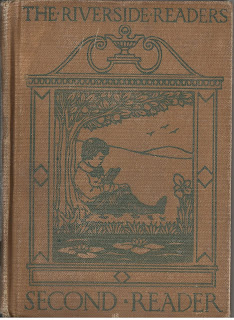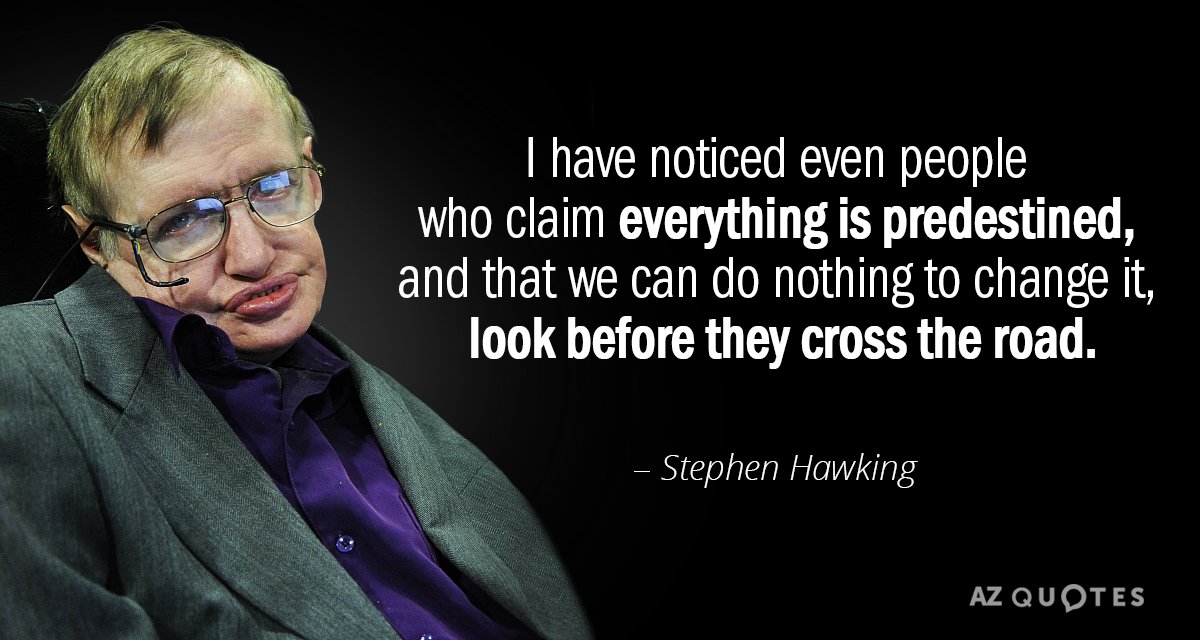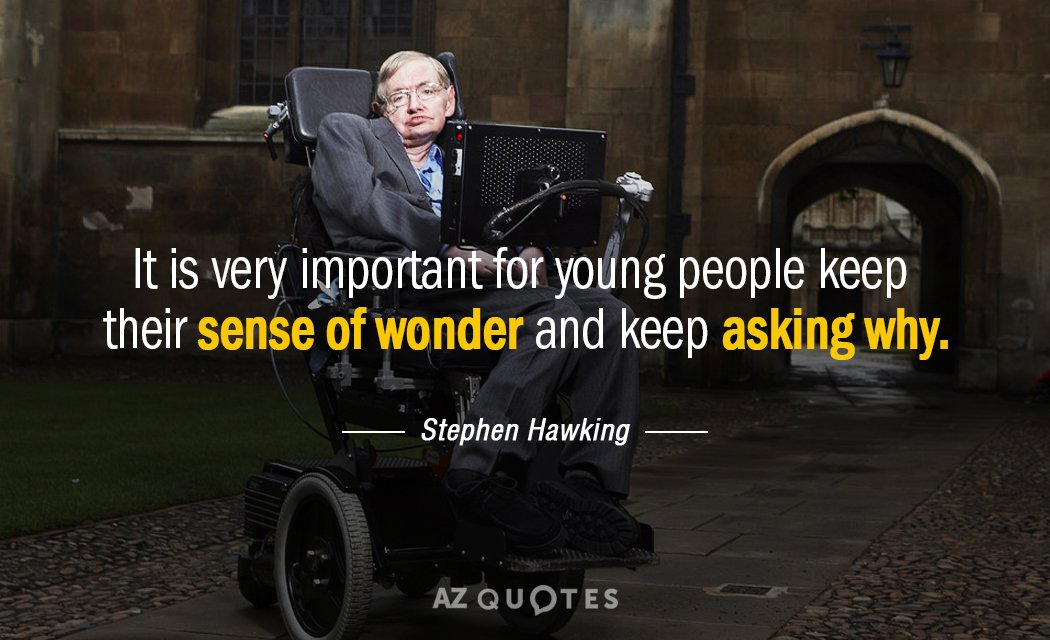From the Archives: Theodor Geisel dies at 87;
wrote 47 Dr. Seuss books
September 26, 1991
Reporting from San Diego
[abridged by R.E. Slater]
SAN DIEGO — Theodor (Ted) Geisel, whose whimsical, humorous books written under the pen name of Dr. Seuss confounded the literary establishment but entertained generations of children and parents, died Tuesday night at the age of 87.
Geisel, who never had any children of his own and who would quip, “You have ‘em, I’ll amuse ‘em,” died at his hilltop home on Mt. Soledad with his wife, Audrey, at his side.
Geisel had undergone massive radiation and chemotherapy for cancer of the palate over the past nine years but still lost part of his jaw to cancer and, in recent weeks as his health slipped because of several maladies, he was given more to scrawling notes on paper than speaking.
A family spokeswoman said that there will be no funeral services, and that Geisel’s remains will cremated. A memorial service will be held, she said, but has not been scheduled.
Geisel, who was awarded a Pulitzer Prize citation in 1984 for his contribution to children’s literature, was one of the best known, most imitated and prolific children’s writers. His 47 books were translated into 20 languages and have sold more than 200 million copies.
Of the top 10 best-selling hard-cover children’s books of all time, Geisel contributed four: “The Cat in the Hat,” “Green Eggs and Ham,” “One Fish, Two Fish, Red Fish, Blue Fish,” and “Hop on Pop,” according to Publishers Weekly.
His latest title, “Six by Seuss,” released this year, was a collection of six previous children’s stories, including his first, published in 1937: “And to Think That I Saw It on Mulberry Street.”
His last new story was published in 1990: “Oh, the Places You’ll Go!” The book, about moving through the highs and lows of the human experience, has proven as popular among kindergartners as college graduates and corporate executives.
It is not only the longest-running among the current fictions on the New York Times bestsellers’ list, but concurrently crowned Publishers Weekly’s children’s bestseller list. The feat brought Geisel his greatest professional pleasure.
“Finally I can say that I write not for kids, but for people ,” he told friends of the tandem accomplishment.
Chuck Jones
Animator Chuck Jones first met Geisel when the two were making sometimes slightly profane Army training films during World War II.
Twenty years later, Jones recalled Wednesday, he suggested that Geisel take “How the Grinch Stole Christmas” to television. There, it proved to be a classic that will run for the 26th consecutive year this holiday season.
Jones, who now lives in Orange County, said he took the “Grinch” storyboards to 24 prospective sponsors before a group of bankers agreed to put it on the air.
“It cost $350,000 and paid for itself in its first year,” he said.
Jones also remembered how “Green Eggs and Ham” came to be a book:
Publisher “Bennett Cerf bet him he couldn’t write a book using fewer than 50 words. There are 49. Count ‘em.”
At his death, Geisel was developing a screenplay for “Oh, the Places You’ll Go!” on behalf of Tri-Star Productions, said his agent, Bob Tabian. Although his characters have appeared on television, this would would have been Geisel’s first full-length animated release.
Seuss had no other books in the works at the time of his death, Tabian said.
His books were forays into the world of nonsense and fantasy, with characters who captivated children through humor, rhyme and mischief--especially mischief--but laced with contemporary social and moral messages.
“Yertle the Turtle” narrated the turtle king’s fall, caused by overweening ambition. “Horton Hears a Who!” tackled narrow-mindedness. The Sneetches paid for a lesson in class prejudice, and Horton came back to hatch the egg and learn about the rewards of acting with honor. Other themes addressed the doomed environment, the insanity of the nuclear arms buildup--and, in “Green Eggs and Ham,” the virtues of tasting food that looks yucky.
But, although many children’s authors lectured children to behave, Seuss gave children vicarious thrills as they followed the antics of the Cat in the Hat who refused to obey the rules of the house.
They loved his loraxes and yopps, grinches grouching in grickle-grass, sneetches lurking in lerkims, the green-headed Quilligan quail.
Geisel was the illustrator first, writer second
He would tack his drawings onto the corkboard of his studio walls in storyboard fashion, muse over them, then write the appropriate nonsense couplets to accompany them. Sometimes an illustrated story line would befuddle him for two years before he could marry it to words; other times, he’d crank out his verses in just a few days.
“He wrote from a graphic point of view,” said Janet Schulman, publisher of the children’s book division at Random House and his personal editor. “He would leave his drawings up there on the wall, and, if he was blocked, he’d move on to another story.“If all our authors were as he was, we wouldn’t need editors,” Schulman said. “Occasionally he’d give us a rhyme that was a little off, or a word that might not work. He’d think about it and sometimes he’d change it--but usually he wouldn’t, and that was fine.“There will never be another Ted Geisel.”
Personal friends said Geisel painstakingly separated his close-knit social life from his book work--literally a self-disciplined 9:30 to 5:30 job where he would sequester himself in a studio that provided him with a 180-degree view of the Pacific coastline from Mexico to Oceanside.
What linked Seuss and Geisel was humor.
“He never, quote, told jokes, but he’s funnier and more spontaneous than anyone I’ve ever known,” said close friend and fellow author Jeanne Jones. “He was, without a doubt, the brightest person I’ve ever known.”
It was through his ability to finesse nonsense and humor that Geisel helped introduce a new order to traditional children’s literature.
In an interview in 1984, Geisel pulled off the shelf “The Riverside Reader,” a dusty, dog-eared primer he used in 1909 when he was in the first grade. As he turned the pages, he pointed out the dull passages and mundane story line.
“I wanted to get rid of primers like this,” he said. “I feel my greatest accomplishment was getting rid of Dick and Jane and encouraging students to approach reading as a pleasure, not a chore.“The old readers were the most stultifying, stupid way to teach kids. That constant repetition just turned them off to reading. I tried to turn them on.”
 |
| riverside reader series - premier |
 |
| riverside reader series - no. two |
 |
| riverside reader series - no. five |
 |
 |
Geisel's Impact
Geisel had a tremendous impact on children’s reading habits and the way reading is taught. He never wrote a textbook per se--he wanted nothing to do with a book that children were forced to read--but his works have been used as supplementary readers for decades.
“He’s one of the pillars in children’s literature,” said Isabel Schon, a professor of children’s literature at California State University, San Marcos, and a consultant to children’s book publishers.
“Education today is embracing what we call a ‘whole language approach,’ in which children read books they enjoy, versus books they’re told to read for teaching’s sake, and Geisel’s books are central to that theory.”
Geisel won acclaim from his audience long before he received it from the critics.
“He went through a long period of being a bit condescended to by the children’s literature critical establishment,” said John Donovan, president of the Children’s Book Council, a New York-based national trade association of children’s book publishers.
“For a long time, there was a kind of dismissive view of him because he was too popular . . . and because his vocabulary was so simple. But, as time has worn on, they’ve done a complete about-face.
“Today, there’s a deep appreciation that his popularity is rooted in his clear ability not just to please kids--and also adults--but to also reach them at some meaningful level. His books weren’t simple-minded.”
Oddbits
Geisel never published a book under his real name. The “Dr.” title he added as a farce to amuse his friends. Seuss is his middle name, and he was saving his own name for the great American novel. But when he finally wrote his novel--"The Seven Lady Godivas"--he was dissatisfied. That book, published in 1937, was his only commercial flop.
“I had no ability as a novelist,” Geisel said. “I spent all my time trying to get rid of extraneous words and boiling the thing down to the essentials. But a novelist’s technique is putting those extraneous, nonessential things back in.”
That was Geisel’s style even when giving speeches to conventions of librarians or book sellers.
“When others would make these long speeches, Ted would write a little poem that was appropriate for the occasion, one that would just take three or four minutes to read,” Donovan said.
“He was as brief and as cryptic as possible, and we’d listen to every word because he’d say so much in a very few words.”
Geisel said of his style: “I prefer to write just the essentials and then add the elaboration through a drawing. Once in a while, I have to write something in an adult magazine. I get so frustrated; I wish I could get rid of all the garbage of excess words; I could draw what I want to say in a second.”
He never attempted a second novel, although he did write a Seussian-like book on the travails of aging that he uncharacteristically directed for his older audience: “You’re Only Old Once!: A Book for Obsolete Children.”
You're Only Old Once! 📖❤️ By Dr. Seuss
READ ALOUD w/ PUPPETS ❤️📖
The book was inspired by Geisel’s own confrontation with mortality and of being subjected to a battery of medical tests--and staring too long at fish aquariums in hospital waiting rooms. He vented his frustration at the whole medical process this way:
“When at last we are sure you’ve been properly pilled, then a few paper forms
must be properly filled so that you and your heirs may be properly billed.”
The book quickly sold out a first printing of 200,000 copies and shot to the top of the New York Times best-seller list for nonfiction.
Despite its success, Geisel still found writing children’s books “entirely satisfying.” Great literature never captivated Geisel anyway. His reading tastes were “trashy,” and he preferred a best seller or a Reader’s Digest condensed book to a well-written novel.
Geisel’s taste in painting was far more sophisticated, and he could discuss obscure British painters and French museums authoritatively. The one great regret of his career, Geisel said, was that he never refined his skills as a painter.
“I’m honest enough with myself to know I wouldn’t have written the Great
American Novel,” he said, “but I think I could have created some fine paintings.”
Not that Geisel the artist wasn’t recognized. Although he never was awarded the Caldecott Medal for illustration (he won it for writing), a Dr. Seuss retrospective exhibit at the San Diego Museum of Art in 1986 attracted 200,000 visitors. Although scorned by some serious artists, it was one of the most popular exhibits ever staged at the museum, officials there said.
Theodor Geisel aka Dr. Seuss 1986
Personal History
Geisel grew up in Springfield, Mass., where his father ran the park system, which included the town zoo. Many of his wild characters were born while he sat on a zoo bench and conjured up visions and variations of the exotic animals.
He studied literature at Dartmouth College, where he drew cartoons for Jack-O-Lantern, a humor magazine. He then attended Oxford University and planned to get a doctorate and teach English literature. But he soon tired of the academic life and decided to return home.
The famous Seuss verse and meter were born in the Atlantic Ocean on the liner Kungsholm. He became preoccupied with the rhythm of the ship’s engines and began experimenting with words to fit the meter. Those early scrawlings led to his first book, “Mulberry Street.” It was rejected by 27 publishers before it was picked up by Vanguard Press.
Geisel had a full career “writing for adults” before he began writing Dr. Seuss books full time. He was a political cartoonist for the New York newspaper PM, and during World War II was attached to a documentary film-making unit headed by famed director Frank Capra, who died Sept. 3[, 1991].
After writing and directing indoctrination movies for American troops, Geisel won an Oscar for best documentary short for a troop film that was released after the war by Warner Brothers. He won another Academy Award in 1947 for “Design of Death,” a documentary film about Japanese warlords. He received a third Oscar in 1951 for an animated cartoon: “Gerald McBoing-Boing.”
His finished his Hollywood work by writing the screenplay for the film, “The 5,000 Fingers of Dr. T,” a fantasy about a crazed music teacher, a giant piano and 500 music students. Even though it became a cult hit, he distanced himself from it, angry over script changes after it left his typewriter.
Many of the techniques Geisel learned in Hollywood were useful when he began writing children’s books.
“I learned a great deal from Capra that still helps me in my writing,” he said. “He showed me how to edit a script. Anything that hastened the plot, or told the story, he underlined with a blue pencil. You’d be surprised how few blue pencil marks most manuscripts have. I’ve tried to ensure that the majority of my manuscripts merited blue pencil marks.”
After a brief, but successful film career, Geisel moved to La Jolla. He wanted to work alone and have the freedom of “making my own mistakes without the help of committees.”
He met his first wife, Helen Marion Palmer, at Oxford, and they built their La Jolla workplace-retreat on 6 acres after moving from Los Angeles in 1948. She died in 1967 after nearly 40 years of marriage. Geisel and his second wife, the former Audrey Stone Dimond, were married 23 years.
He had no children in either marriage and professed no universal love for the younger generation. He said impatiently that children are no different from adults--he liked some and disliked others. For a man who had so many young readers, Geisel rarely spent time with children.
“I don’t think spending your days surrounded by kids is necessary to write the kind of books I write,” he said. “I don’t write for children, I write for people. Once a writer starts talking down to kids, he’s lost. Kids can pick up on that kind of thing.”
To Tell the Truth - Dr. Seuss; PANEL
Joan Bennett (Apr 29, 1958)
Temperment
Geisel was described by acquaintances as a shy, sometimes cranky man, who had a pathological fear of audiences. He refused numerous speaking engagements and offers to appear on television talk shows--though he softened his resistance somewhat after winning the Pulitzer citation in 1984.
“I don’t like audiences,” he said. “I prefer to make my mistakes in private.”
Geisel was sensitive to the condescension that often is directed toward a children’s writer. He grew tired of defending his work to people who dismissed him as a “kid’s author.”
Most of his books were “mildly philosophical,” leavened with the trademark nonsense and humor. But occasionally Geisel grew irritated with the course of current events and wrote a children’s book with political overtones.
“The Lorax,” a tale about the evils of pollution, was his favorite book, he said--and one that was nearly removed from the second-grade reading list in the tiny Northern California logging town of Laytonville in 1989 because, critics said, it was a thinly veiled attack on the timber industry.
His 1983 “The Butter Battle Book” is a didactic tale of the Yooks and the Zooks, who have an inane disagreement and end up building increasingly complicated slingshots in their own private arms race.
“I enjoy making a statement, but I don’t think one has to always do so to feel worthwhile,” Geisel said. “I’ve never had a desire to save the world. My desire was simply to say something and express myself; to stimulate the brain cells of my readers and teach children something vitally important: to understand and appreciate the value of reading.”
Yet, on his deathbed, Geisel issued one final challenge, according to Neil Morgan, a close personal friend and editor of the Tribune in San Diego.
Morgan and his wife, writer Judith Morgan, had been tape-recording interviews with Geisel in recent months for a biography on the man and, having completed the oral history, asked Geisel if he had any final thoughts. Morgan said in an interview Wednesday:
“He smiled and said, ‘Let me think about it.’ Then he handed Judith a yellow piece of paper and scrawled this:
“Whenever things go a bit sour, in a job I’m doing, I always tell myself, ‘You can do better than this.’ The best slogan I can think of to leave with the U.S.A. would be, ‘We can . . . and we’ve got to . . . do better than this.’ ”
The Story of Dr. Seuss





























